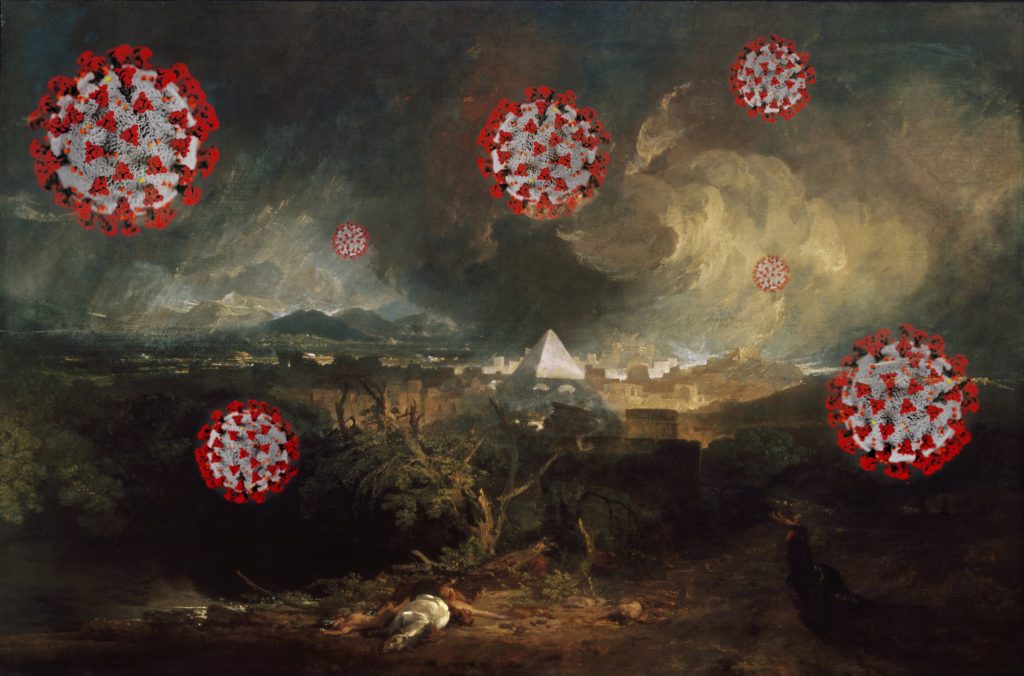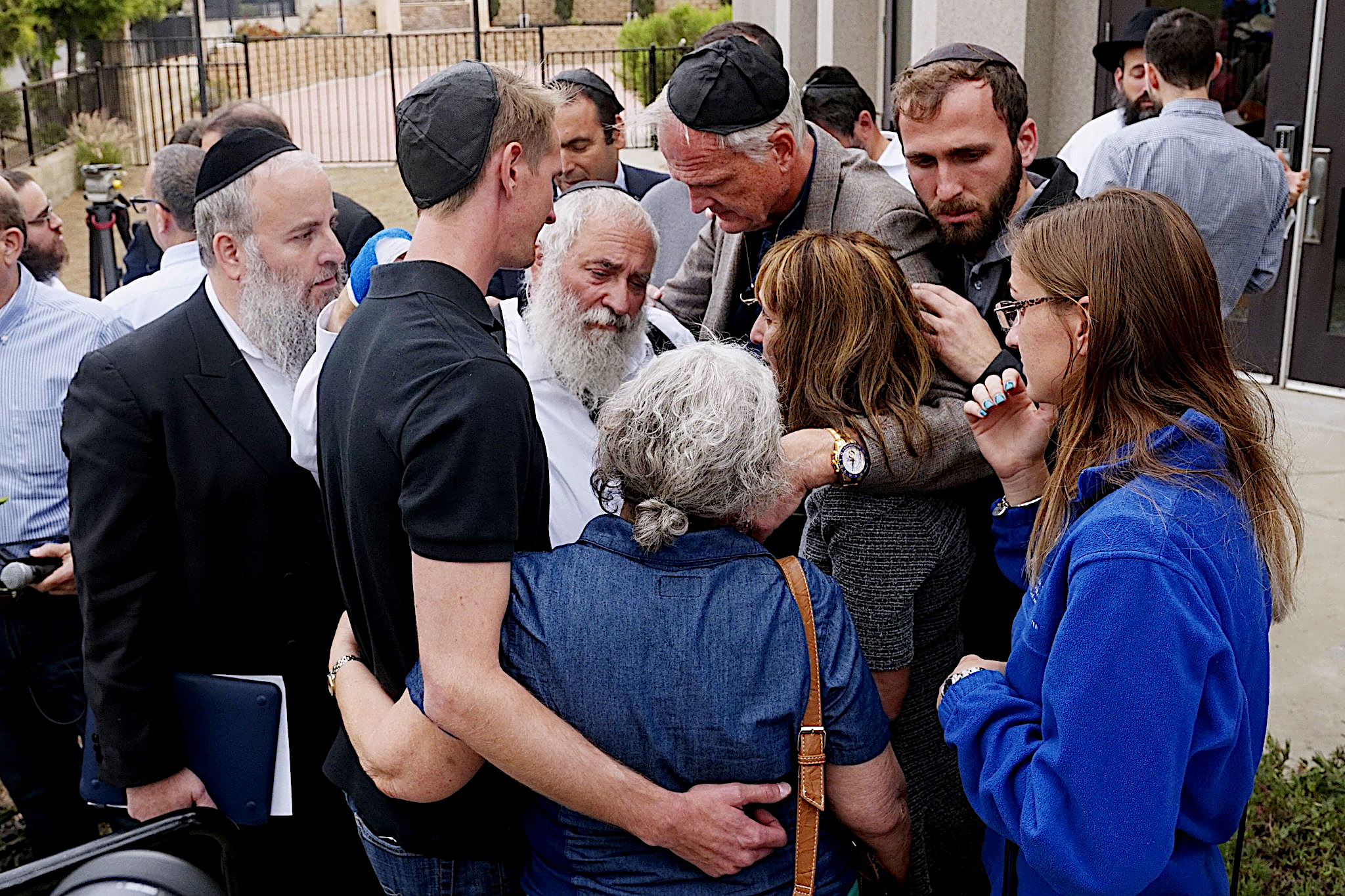(3-4 Minute Read)

All over the world the COVID-19 virus is spreading, literally like a plague. The Coronavirus has affected our societies along a wide spectrum, ranging from inconvenience to significant financial loss to even severe tragedy. And peoples of all types adhering to numerous faiths are all praying for a planet-wide refuah shleima, or speedy recovery.
As my wife and I were making the final preparations for our lonely Pesach seder, or ceremonial Passover dinner, for just the two of us, I spied something on Facebook. A friend of mine posted the status of “Having our seders in our homes as a plague ravages just outside makes this an ‘extra-Biblical’ experience.”
Besides the dark humor and irony of the Facebook status, the post got me thinking a bit. I began to wonder if there was something small yet positive that we could derive from this terrible COVID-19 pandemic.
Sometimes in life we take things for granted. As Americans (especially American Jews), we often take the blessings of living in such a great nation for granted. Most of us have never experienced things like widespread disease, pestilence, lethally-severe weather, phenomenon that wipes out an economy, etc. One thought was that sometimes we (unfortunately) need to go without something to realize how important it is to be thankful for it.
Another thought is that, indeed, we are in a position to truly understand the Pesach (Passover) plagues and miracles in a better light. Many of us have never truly internalized the potency of the catastrophic, epidemic-level plagues described in the Haggadah and Torah (Bible). Practically the entire world is shut down from a disease that, Baruch Hashem, has so far harmed a relatively small portion of our total population (not to diminish the tragedy that is occurring). Nevertheless, lockdowns and even pandemonium and panic have ensued. In contrast, the entire nation of Egypt was affected by these plagues. In fact, the Torah states that the final and tenth plague killed someone in every single home and family (e.g. Shemot/Exodus 12.30).
Perhaps for the first time we are able to better imagine and envision the Passover story, which means that our retelling of the story this Passover and beyond could potentially be even more vibrant and powerful than ever. We are in a position to appreciate in a more intense fashion all of G-d’s miracles for us (Dayeinu! More than enough!). As awful as COVID-19 is, the plagues inflicted by G-d upon the Egyptians far exceeded even this pandemic, and the Holy One, Blessed Be He, graciously saved the Jewish people and protected us from the destructive onslaught, especially the tenth plague. In other words, even if G-d were to provide the entire world with a sudden and miraculous deliverance from COVID-19, that would pale in comparison to the miracles that the Almighty did for the Jewish people as we made our exodus (quite literally) from Egypt. This idea is one of the key elements of the Passover holiday, especially the Haggadah and Seder. The Hebrew word used in the Torah, or Bible, for Egypt is Mitzrayim. Mitzrayim relates to a Hebrew word for “bondage, limitations, constraint.” The idea of Passover and the Exodus story is that each and every one of us must work to put away our chametz, or leaven, of sinful living and spiritual limitations. We are not just to recount the plagues and miracles; we are to internalize what they truly mean and make it relatable to our own life experiences. Similarly, it is said by the Rabbinical sages of the Talmud that we are all “to see ourselves as though we personally had departed from Egypt,” and not just our ancestors. As terrible and tragic as this pandemic is, maybe experiencing the Coronavirus will better equip us to see ourselves as having fled our own “personal Egypt” and the “plagues” that surround us. And that realization and awareness may further help us to rise above the limitations of not fully comprehending the gracious miracles of the Holy One, Blessed Be He. And, in turn, perhaps we will then be in a position to be even more grateful to G-d as well as our loved ones and communities for the blessings provided that we, unfortunately, so often take for granted.


